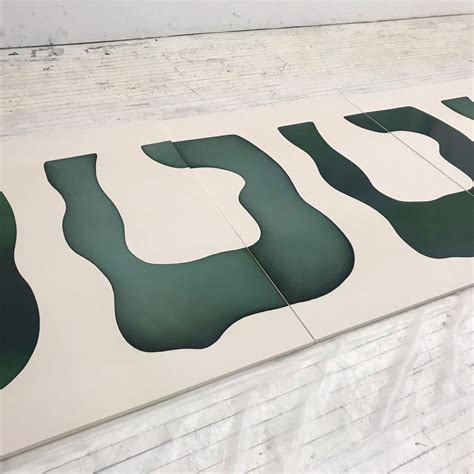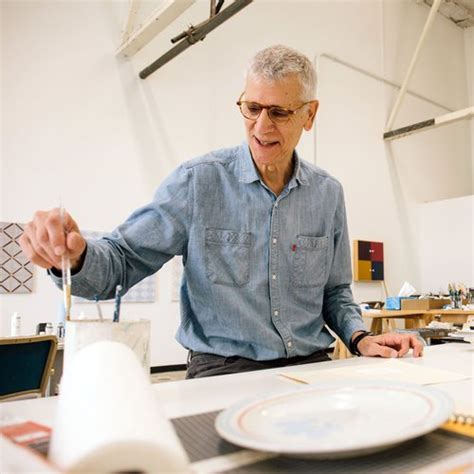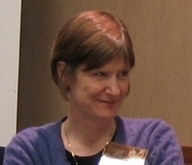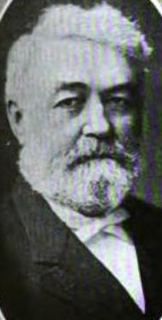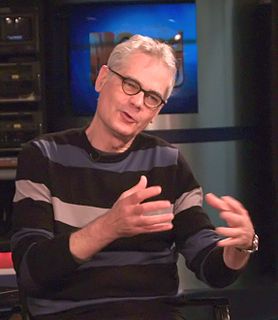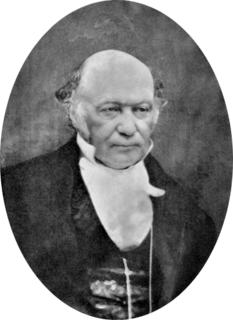A Quote by Landon Metz
On one level, I'm interested in how the space dictates the effect visually - how the composition of a given work changes depending on the nature of each wall. But I'm also trying to emphasize less tangible elements: the amount of time it takes to walk the gallery's perimeter; how one's physical distance affects his or her sense of the overall composition; how the size of the space creates a sense of visual rhythm. It's really a matter of seeing how much structure is necessary to impose for those things to become apparent.
Quote Topics
Affects
Also
Amount
Apparent
Become
Changes
Composition
Creates
Depending
Dictates
Distance
Each
Effect
Elements
Emphasize
Gallery
Given
Her
His
How
How Much
Impose
Interested
Less
Level
Matter
Much
Nature
Necessary
Overall
Perimeter
Physical
Really
Rhythm
Seeing
Sense
Size
Space
Structure
Takes
Tangible
Things
Those
Time
Trying
Visual
Walk
Wall
Work
Related Quotes
I have a seven-level program and through even into the fifth level it can be all done from a distance. "Why not?" is how I feel about it, because energy is not confined by time or space, so why should my teaching be. I'm teaching energy and how to manage it, how to handle it, and how to heal with it.
I love writing songs with people, which is about really taking risks, throwing yourself over the falls and really seeing what you're made of and seeing how it sticks. Seeing how others react to it, and seeing also how it can become a melody and how it can really take off from your experience. It's a way of seeing life unfold on the page before me.
One thing that you and I know is language. Another thing that you and I know is how objects behave in perceptual space. We have a whole mass of complex ways of understanding what is the nature of visual space. A proper part of psychology ought to be, and in recent years has been, an effort to try to discover the principles of how we organize visual space. I would say that the same is true of every domain of psychology, of human studies.
I think there's such a fine line in a relationship. The role of imagination and privacy... how much space can you allow before that becomes distance? And similarly, imagination is empathy. That's how you achieve empathy. It's how you can be with another person and understand how they are in the world.
Approaching subject matter to photograph is like meeting a person and beginning a conversation. How does one know ahead of time where that will lead, what the subject matter will be, how intimate it will become, how long the potential relationship will last? Certainly, a sense of curiosity and a willingness to be patient to allow the subject matter to reveal itself are important elements in this process.
You tend to compose things more in the middle of frame in 3-D than you would in a conventional frame. You can really see composition in 2-D but in 3-D your composition is much more complex. Everything has to be artificially enhanced. But you do gain something else with 3-D: you have a sense of space and heightened reality.
Time is said to have only one dimension, and space to have three dimensions. ... The mathematical quaternion partakes of both these elements; in technical language it may be said to be 'time plus space', or 'space plus time': and in this sense it has, or at least involves a reference to, four dimensions. And how the One of Time, of Space the Three, Might in the Chain of Symbols girdled be.
